Deck & Commander Strategies
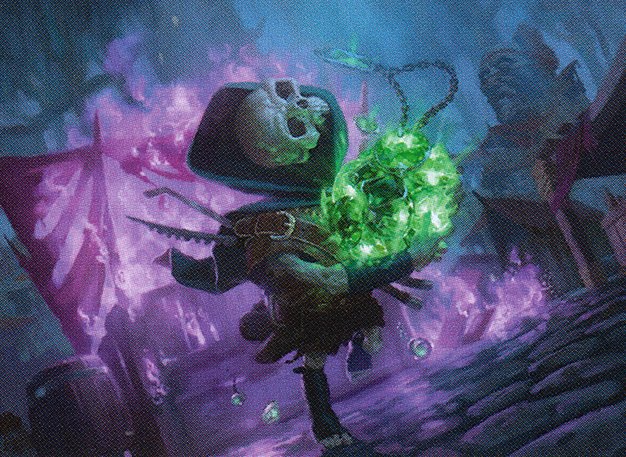
Tinybones, Trinket Thief
Utilizes discard spells and enchantments to generate card advantage and value, disrupting opponents while drawing cards from the discarded spells and leveraging Tinybones’ ability to close the game with large black sorceries or incremental commander damage.

Zirda, the Dawnwaker
Focuses on artifact synergy and token creation, using Zirda’s cost reduction to activate multiple artifact abilities efficiently, creating a strong board presence through cheap artifact activations and token generation.
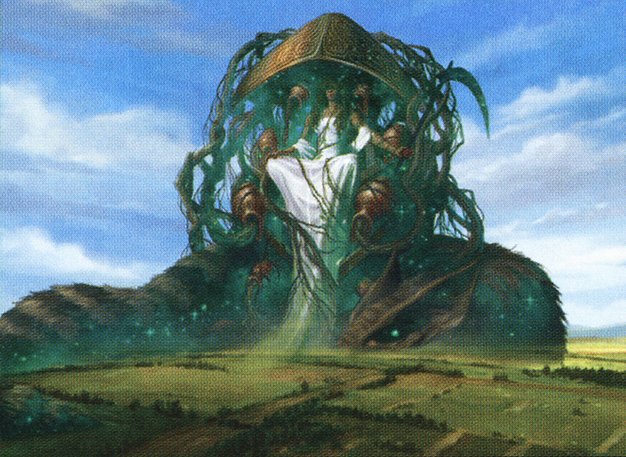
Karametra, God of Harvests
A ramp-centric deck aiming to accelerate mana through land fetching and ramp artifacts, deploying large creatures and celestial bombs to dominate the battlefield and close the game with overwhelming board presence.

Alela, Artful Provocateur
An artifact and fairy tribal deck that generates numerous fairy tokens from casting cheap artifacts and enchantments, controlling the board and gaining card advantage while attacking with evasive flyers.
Gameplay Insights
- 1
Tinybones’ use of Oppression and Raiders' Wake to clear the board of creatures with power greater than one was a key tempo reset that disrupted ramp and token strategies.
- 2
Karametra’s early ramp with Amulet of Vigor and Oracle of Mul Daya enabled casting heavy hitters ahead of schedule, providing board dominance and pressure.
- 3
Zirda’s strategy of reducing artifact activation costs allowed multiple activations per turn, maximizing value from cheap artifacts and enabling effective token generation.
- 4
Alela’s consistent creation of fairy tokens through cheap artifact casts and enchantments helped maintain card advantage and pressure despite board wipes.
- 5
The political dynamic of maintaining the monarch and card draw from land tax influenced attack priorities and board control decisions.
Notable Cards
-
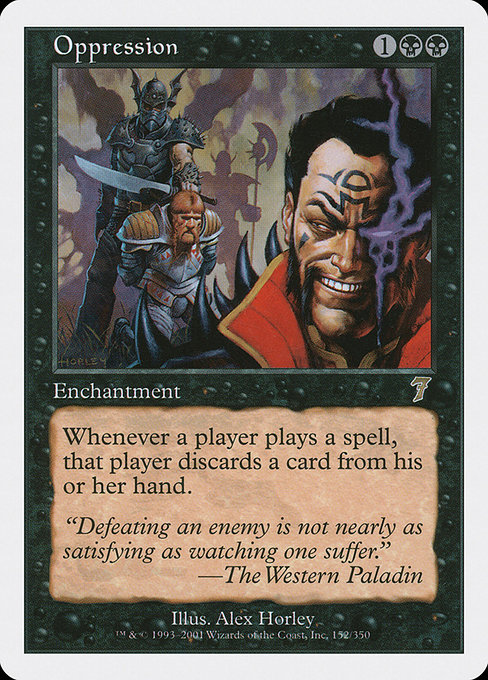
Oppression
-
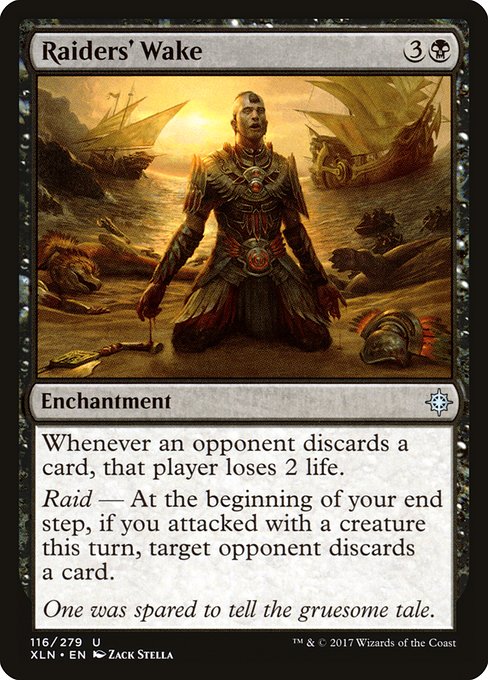
Raiders' Wake
-
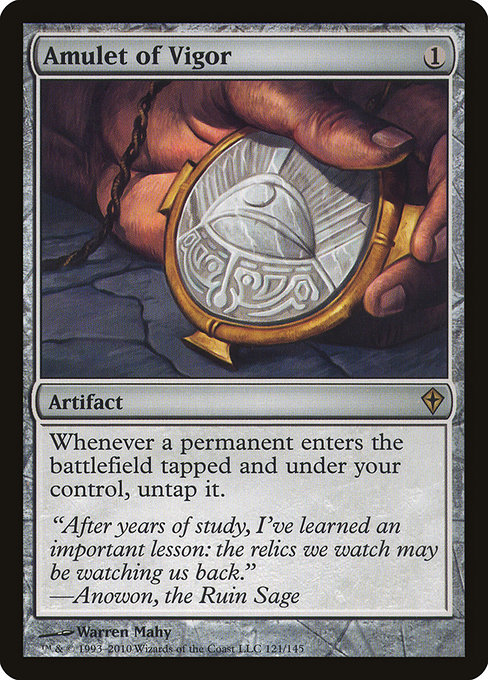
Amulet of Vigor
-

Oracle of Mul Daya
-
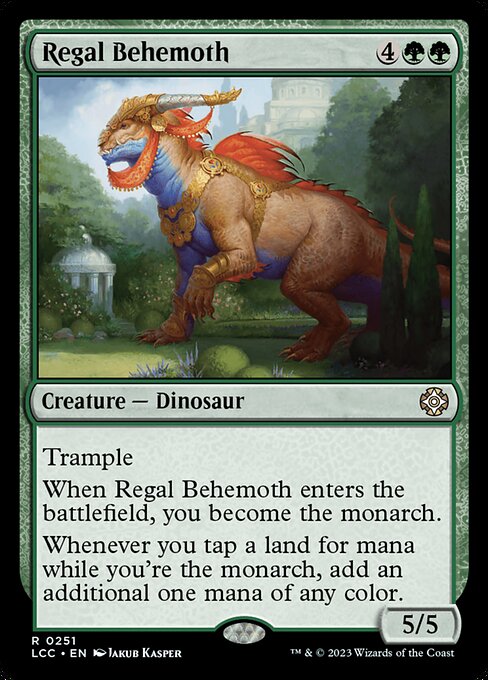
Regal Behemoth
-
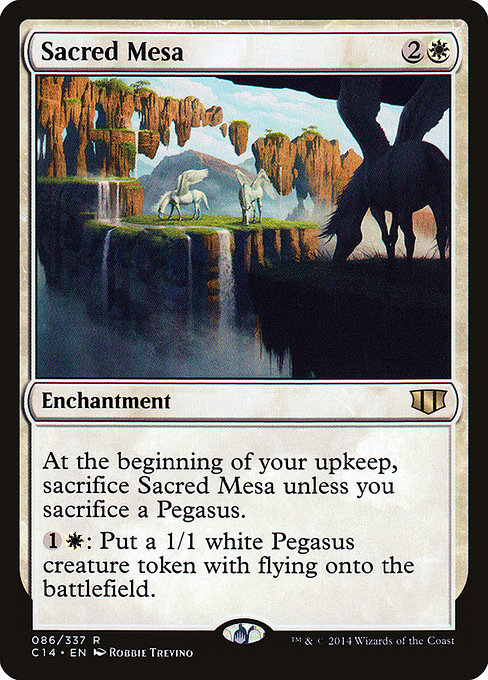
Sacred Mesa
-
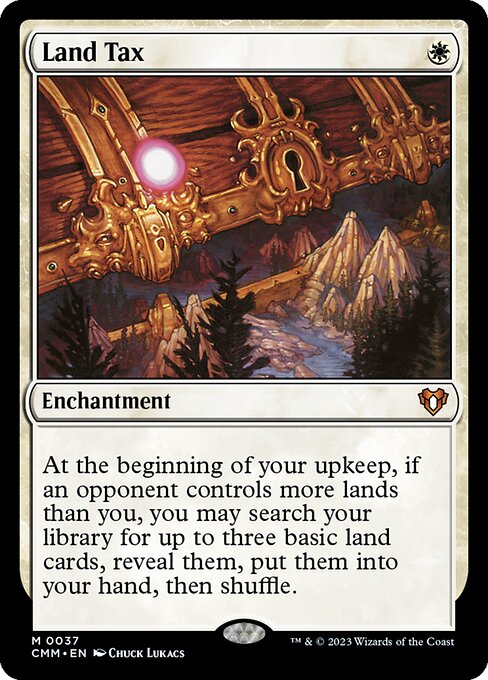
Land Tax
-
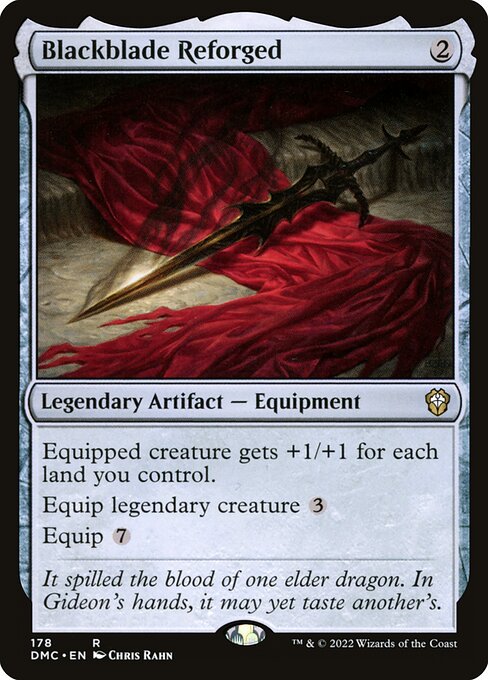
Blackblade Reforged
-
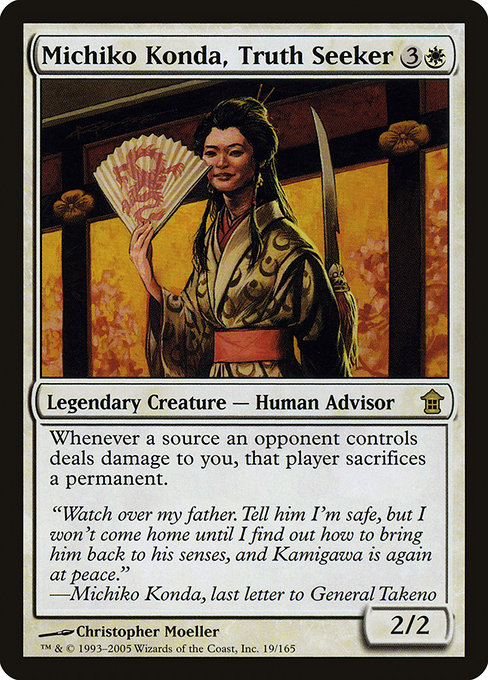
Michiko Konda, Truth Seeker
Gameplay Summary
The game began with all four players setting up their mana bases and early board presence, each deploying their commanders and key ramp or support pieces.
Zirda focused on a token and artifact synergy, leveraging her ability to reduce activation costs and generate value from cheap artifacts.
Alela pushed a fairy and artifact tribal strategy, creating board presence and card advantage through her fairies and enchantments.
Karametra ramped heavily using Amulet of Vigor and Oracle of Mul Daya, fetching lands quickly to cast large creatures like Regal Behemoth and maintain board control.
Tinybones employed a discard and enchantment value engine, continuously discarding to draw cards and generate incremental advantage while disrupting opponents' hands. A pivotal moment occurred when Tinybones cast Raiders' Wake and Oppression, wiping out creatures with power greater than one, significantly impacting the board state and slowing down the creature-heavy decks like Karametra’s.
Meanwhile, Karametra used her ramp to stabilize and develop a threatening board presence with ramp creatures and powerful finishers.
Alela’s artifact and fairy tokens provided steady pressure and card flow, while Zirda's token generation and artifact synergies created a resilient and flexible board.
The interplay between Tinybones’ disruption and the others’ ramp and token strategies defined the midgame dynamics, with board wipes and value generation shaping the path to victory.
The game was marked by careful resource management, timely removal, and leveraging commander abilities to outmaneuver opponents.






















![Tinybones vs Purphoros vs Varina vs Oloro [EDH/Commander, Magic The Gathering Gameplay] 2021 thumbnail](https://i.ytimg.com/vi/ytJL7mHwrEk/sddefault.jpg)











![Commander VS S17E3: Korvold VS Alela VS Chulane VS Syr Gwyn [Brawl] thumbnail](https://i.ytimg.com/vi/Pa8JzkN1leY/sddefault.jpg)








![Jhoira vs Gavi vs Animar vs Karametra [EDH/Commander, Magic The Gathering Gameplay] 2021 thumbnail](https://i.ytimg.com/vi/xPfeMJLmgr8/sddefault.jpg)